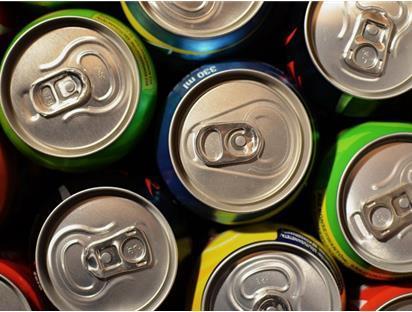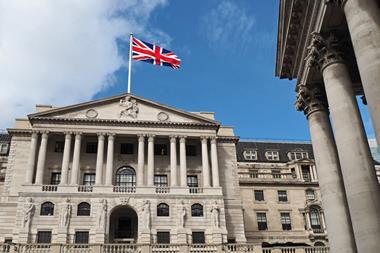
Campaign groups have welcomed the government’s announcement it will ramp up charges for the soft drinks sugar tax, with the payments being adjusted for Inflation for the first time since it was introduced in 2018.
Chancellor Rachel Reeves said the Soft Drinks Industry Levy would be increased to account for inflation, as well as increasingly in line with CPI each year.
The tax is currently applied at two different rates: 18p per litre for drinks with between 5g and 7.9g of sugar and 24p per litre for drinks with 8g or more.
The announcement came alongside measures including an increase in tobacco duty announced yesterday. The government has faced pressure from campaigners and the House of Lords to extend taxes to other products high in sugar and salt.
“It’s absolutely right that after six years, the government should now increase the penalties for all the companies who have not done enough to reduce the sugar levels in drinks, and we urge them to ensure all money raised by the levy is reinvested in children’s health,” said Barbara Crowther, children’s food campaign manager at Sustain.
“We hope this also signals a greater appetite from this government to create smart financial incentives for food companies to make healthier products. There is huge potential to apply this successful approach across a much wider range of food and drink that remain overloaded with high levels of sugar and salt, making companies pay more for producing unhealthy products, and increasing the number of healthier food and drink options for children and families everywhere.”
Sonia Pombo, registered nutritionist at Action on Sugar and Action on Salt, added: “We welcome the government’s recent decision to increase the soft drinks levy in line with inflation, as announced in the Chancellor’s Autumn budget.
“Whilst a logical step, this should be a first of many measures to tackle the broader dietary health issues affecting communities across the country.
“High rates of obesity, heart disease, and other diet-related diseases highlight the need for a more comprehensive approach to public health policy. For too long, the food and drink industry has had a disproportionate influence on health policies, often prioritising profit over the wellbeing of consumers.
“We now urge the government to consider additional, robust measures, such as introducing salt and sugar taxes on food manufacturers – a recommendation strongly supported by the recent report, published by the House of Lords Food, Diet & Obesity Committee. By broadening the scope of health-focused fiscal policies, we can create a more sustainable and impactful improvement in public health.”



















No comments yet